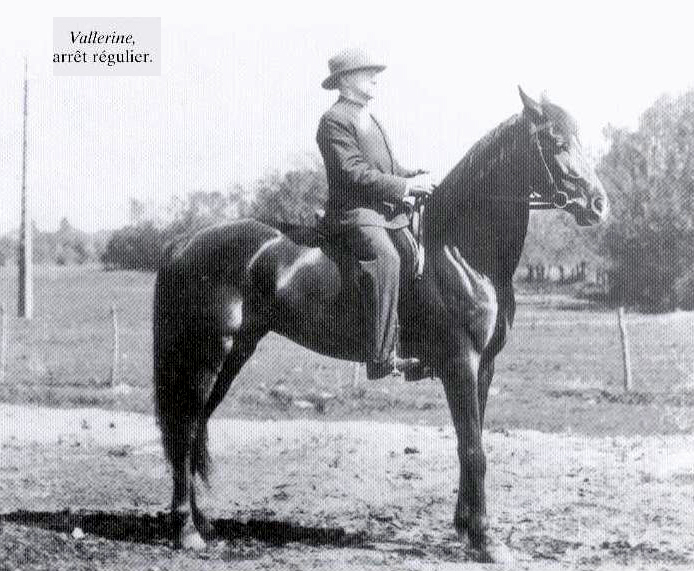Three levels in teaching dressage: babysitter, friend and master. The first two levels are common enough and the level of a master is surprising perhaps.
The babysitter level is the instructor who keeps you from harm in the earliest stages of working with horses. One learns not to get stepped on, kicked or run over by the horse. These things are most obvious, but less obvious is that, at this level, fear is converted into confidence. This is a stage of rules.
Learning how to be with horses is not always easy but in the second stage, your equestrian friend teaches how confidence is converted into basic skills. The mind is prepared for the further work and individual practice is started. This is a stage of methods.
In these first two levels of equestrian education, we find the whole horse world in general. Those who are in these levels see the top of the stage of methods as mastery, but mastery is really something else.
Those who have achieved the perfection of method have a high degree of skill and since in the horse world, finding logical consistency is a mark of high level of achievement, those who tread here are considered masters; especially when they maintain formal distance and are not very friendly, but a master is really something else.
We might say that the first stage of a babysitter is the travel guide level in a language. We learn common day to day expressions but if the conversation drifts from the ready-made phrases memorized in the travel guide, we are lost.
At the level of the equestrian friend, we learn grammar and syntax to the language and vocabulary. It is the level of basic conversational competence. The skill here is one of being able to translate from our experiences with the horse into a verbal and very human understanding.
When a teacher is very organized in their teachings, at this friend level, the teacher is mistaken for a master, but this is not mastery because there is a lack of fluency. Everything is a still a translation. The translation can be quite good, but it still passes into human language.
The unfriendly friend maybe quite cordial and polite. Generally there is a lot of charm or charisma, but the adherence to rules and their method form a prison from which escape is difficult. Compassion for the horse and student is the only escape which begins when self-judgments subside.
Real mastery certainly embraces translations skill and there is a high degree of precision in the work, but it is so much more. Genuine mastery occurs when the work is not translated into human language. The master thinks in this language of touch and has neither rules nor method in the work. Here art rises above the method.
This does not mean the work falls into chaos and is an emotional mess, to the contrary. The organization arises from the native nature of the mind itself (horse and human) and so it appears logical and consistent. The organization is however not imposed from the outside in, but instead the order comes from the inside out.
These masters exist and work quietly. The nature of the work at this level is not public and they leave the mass mind of the horse world far behind. Their experience is their credentials.
The credentials of unfriendly equestrian friend are many. They have their documents and vast amounts of proof but their unfriendliness which leads them to be proclaimed as masters, is the trap which will stop them from every finding real mastery.
The real master is open, gentle and can afford generosity because of having found within themselves a primordial confidence with the horse. It is only a real master who can extend the gift of such confidence to their students. The witness of that confidence is the ability of the student to be totally self-sufficient from the teacher. Thus, it is said that the master makes himself obsolete.


Recent Comments